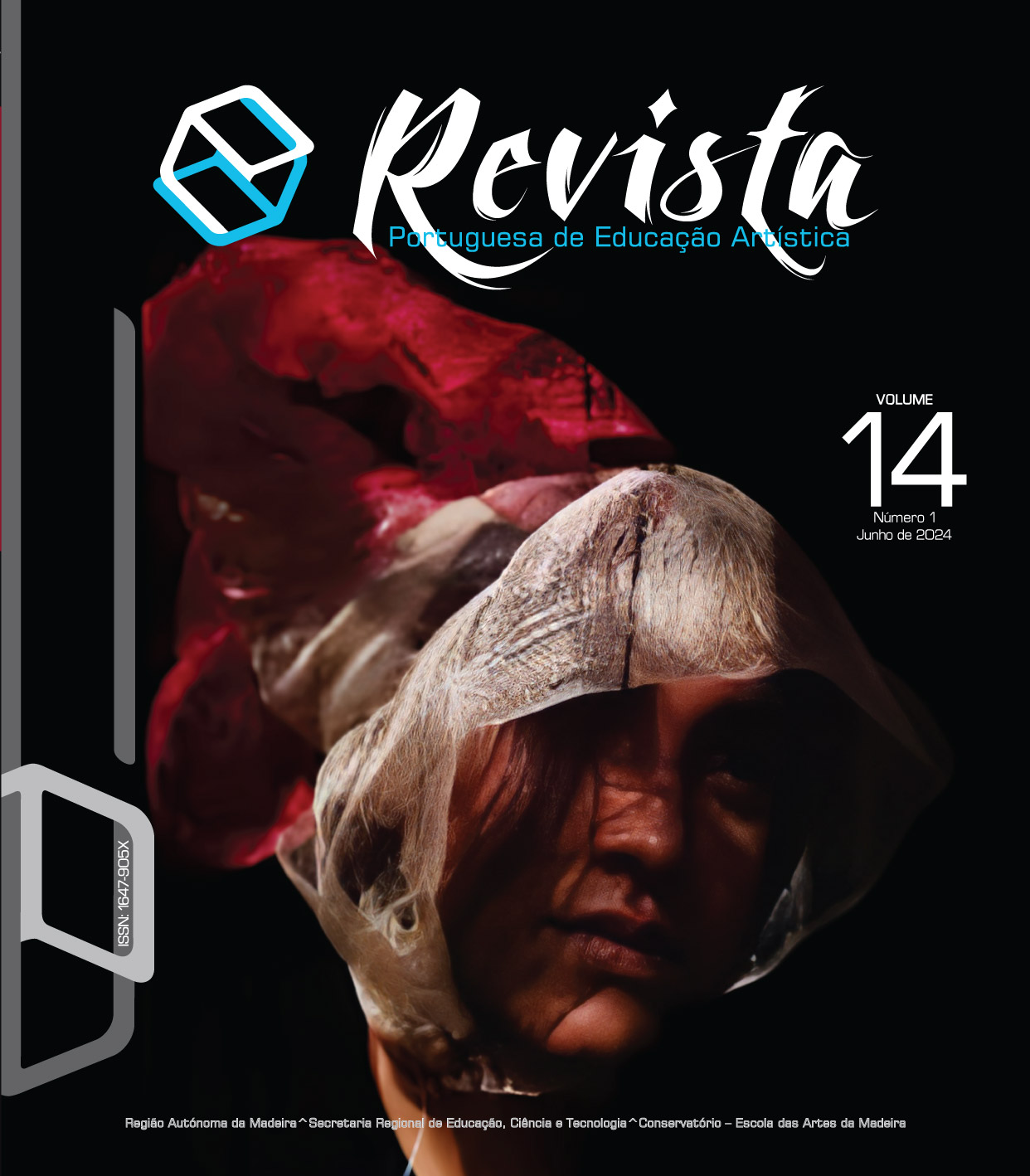Traditional Dances in Artistic Education: A Contemporary Perspective
DOI:
https://doi.org/10.34639/rpea.v14i1.266Keywords:
Creativity, Choreographic Creation, Tradicional Dance, Artistic Education, RepertoireAbstract
Traditional dances in Art Education reveal an eminently experiential learning experience, which is based on a creative and ethno-artistic dialogue specific to traditional heritage. Traditional dances, by existing in the curricula, incorporate the diversity of traditional cultures present in the different educational contexts. They are a plural and intercultural space for sharing and learning new ethnochoreographic creations. Methodologically, we used documental analysis, fieldwork and professional intervention in the context of traditional dances. We highlight as main evidences, that traditional dances, a) allow us to know, share, and preserve a specific culture; b) enable playful learning experienced in a dance context or in a group context; c) develop expressive, rhythmic, psychomotor, cognitive, coordinative and socio-affective skills; d) promote expression and well-being with oneself and with the group; and e) lead to innovative and intercultural technical-artistic and rhythmic-expressive creations.
Downloads
Published
Issue
Section
License
Copyright (c) 2025 Margarida Moura, Maria João Alves

This work is licensed under a Creative Commons Attribution-NonCommercial 4.0 International License.

The work Revista Portuguesa de Educação Artística (Portuguese Journal of Artistic Education) is certified under Licence-Creative Commons Attribution-NonCommercial 4.0 International (CC BY-NC 4.0).




